From central to local levels, public libraries are no longer just places to preserve traditional knowledge, but have become centers for connecting information, serving lifelong learning and developing digital citizens. The digital transformation process is fundamentally changing the way of managing, operating and serving readers, contributing to bringing reading culture closer to all classes of people.
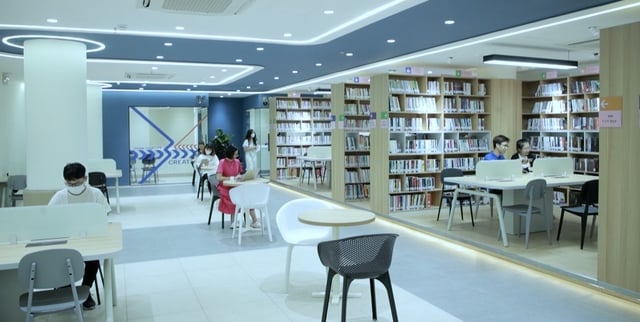
In Hanoi , digital library conversion is being implemented synchronously (Photo: bvhttdl.gov.vn)
Implementing the Digital Transformation Program for the Library Sector to 2025, with a vision to 2030 issued by the Ministry of Culture, Sports and Tourism, the public library system nationwide has made significant progress in digitizing documents, modernizing infrastructure and diversifying services. The National Library of Vietnam plays a pivotal role in this work by completing the digitization of hundreds of thousands of pages of valuable documents, developing a national digital library platform connected with many localities. Thanks to that, readers from provinces and cities across the country can access, look up and borrow documents online easily and conveniently.
In Hanoi, digital library transformation is being implemented synchronously from the city level to the grassroots level. The capital's public library system has integrated electronic management software, connecting digital resource warehouses with district, county and school libraries. In addition, many digital reading points and mobile electronic bookcases are regularly organized in residential areas and industrial parks, creating conditions for workers, students and the elderly to access knowledge through digital platforms. The city aims that by 2026, 100% of district and county libraries will have a synchronous digital data management system and provide at least one online service for readers.
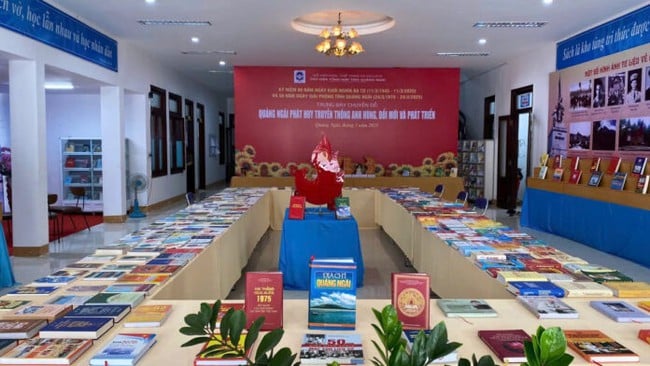
Quang Ngai Library has made strong progress in recent times.
Not only in urban areas, the digital transformation process is also spreading strongly to localities. Binh Duong Provincial Library is a typical example. Since 2024, this unit has deployed an integrated electronic library system, allowing readers to register for cards online, borrow and return documents using QR codes and access open learning resources. At the same time, the library coordinates with school libraries in the province to build a model of sharing digital learning resources, helping students easily look up documents for study and research.
In the Central region, Quang Ngai Provincial Library and Thua Thien - Hue Library are developing an electronic geographic database, storing local cultural and historical documents in digital form. This is an important effort in preserving regional intellectual heritage, while promoting the image and potential of cultural tourism through cyberspace. Meanwhile, in the northern mountainous provinces such as Son La and Tuyen Quang, the model of "community digital bookcase" combined with satellite Internet has helped people in the highlands access thousands of free e-books for the first time, expanding learning opportunities and knowledge sharing.
A notable point is the change in the mindset of serving readers. Instead of waiting for people to come to the library, librarians now proactively “bring the library to readers” through digital platforms, social networks and mobile applications. Many provincial libraries, such as Bac Ninh and Dong Nai, have deployed Zalo and Facebook channels to introduce new books, guide research skills, and even organize online reading competitions. The combination of tradition and modernity helps libraries maintain their identity while expanding their influence in society.
In addition to the achieved results, the digital transformation of libraries still faces many challenges: uneven technical infrastructure between regions, lack of IT human resources, and limited investment funding. However, these difficulties do not reduce the determination of the entire industry. Many localities have actively mobilized social resources, cooperated with technology enterprises and international organizations to accelerate the digital transformation process.
It can be said that digital transformation has become a driving force for fundamental innovation in the way Vietnamese libraries operate. Every public library, from lowlands to highlands, from big cities to remote island districts, is contributing to creating an “open knowledge ecosystem” – where everyone can access information, learn and develop themselves without limits. That is also the realization of the vision of a learning, creative and civilized Vietnam in the digital age.
Source: https://bvhttdl.gov.vn/chuyen-doi-so-thu-vien-dong-luc-doi-moi-phuong-thuc-phuc-vu-ket-noi-tri-thuc-cong-dong-20251018103440297.htm















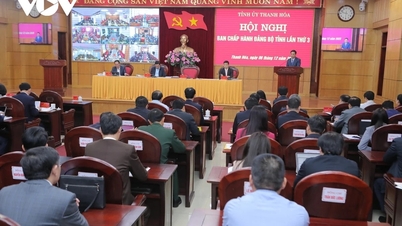





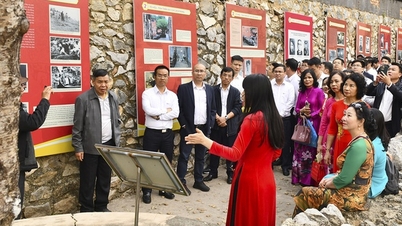













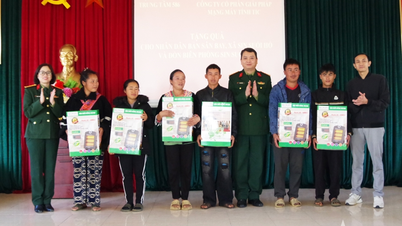




































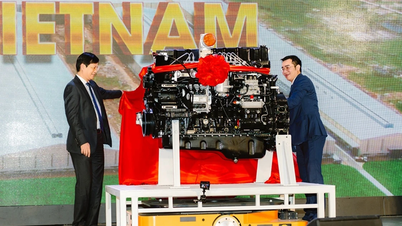






















Comment (0)